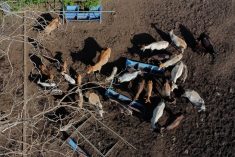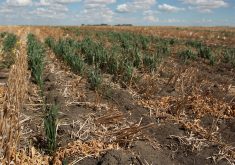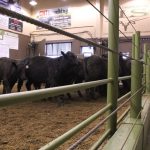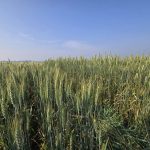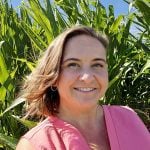Chickpeas are expected to be particularly hard hit by ascochyta blight this year.
The specific species of ascochyta that infect chickpeas are in field residue this year because the disease was a problem in 1999.
As well, the wet spring provided perfect conditions for ascochyta.
Increased levels found in this year’s seed samples also contributed to the problem.
“This year’s reports of ascochyta blight on chickpea as early as the first week of June is somewhat surprising because the chickpea varieties grown in Saskatchewan have partial resistance to ascochyta,” said Penny Pearse, plant disease specialist with Saskatchewan Agriculture.
Read Also
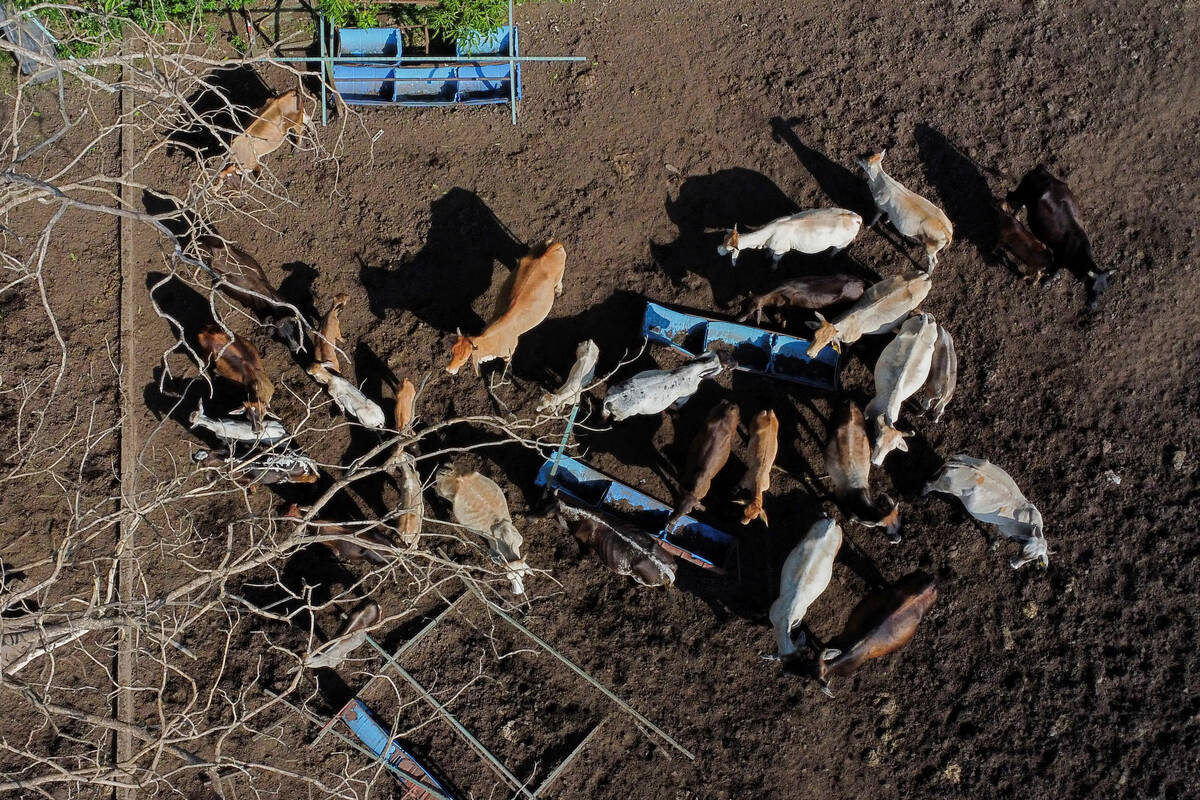
Cattle smuggling worsens outbreak in Mexico
Cattle being smuggled across Mexio’s southern border are making a screworm outbreak much more difficult to control.
“This usually means good resistance until early flower, but this resistance appears to be breaking down earlier this year.”
Farmers should already be scouting their chickpea crops for ascochyta and other diseases, including botrytis (grey mould) and sclerotinia (white mould), both of which were common in 1999 and are favored by moist conditions and a heavy dense canopy.
Pearse said an accurate diagnosis is essential because control options are specific to certain diseases. Sometimes weather damage can be mistaken for disease.
Bravo is the only fungicide registered for use on chickpeas. For best results, it should be applied during the early flower stage.
A contact fungicide, Bravo will not protect emerging leaves, so application while the plant is still producing vegetation will be a waste of time and money. Bravo does not provide protection from sclerotinia or botrytis leaf and flower blight.
Provincial extension agrologists can help confirm the presence of disease.
Saskatchewan farmers can send a sample to the Crop Protection Laboratory at 346 MacDonald St., Regina, S4N 6P6 or phone 306-787-8130 for disease confirmation.
More information about symptoms and control options of pulse diseases can be found on the internet at paridss.usask.ca/special crop/pulse_diseases/index.html and clicking on “research resources” then on “pulse crop diseases.”


